Asked to describe the character of a typical writer, most people will gravitate to words like “introvert” or “shy” or “quiet”.
Indeed, many are. But the very existence of book festivals would suggest that sometimes, bookish folk actually enjoy leaving their paper caves, venturing into the world and (gasp!) talking to one another.
And as Pitlochry Festival Theatre’s Winter Words festival enters its 19th year next week, the line up is full of big names – with equally big voices.
“Obviously I didn’t get into writing because I thought I’d get to bang on endlessly and be asked to have opinions about every f****** thing that happens!” laughs Glaswegian crime novelist Denise Mina, whose conversation with playwright David Greig will constitute one of the festival’s main events on February 10.
“I just really love putting words together and being on my own.
“But you can have too much of a good thing, and if you spent too much time on your own, you’d go mad,” she admits.
“With festivals like Winter Words, you get out, you meet people. And you get to see lovely places as well.”
‘A job for angry loners’
Mina, 56, is refreshingly unromantic about the realities of a writer’s life, while still being utterly enamoured with her own.
Like a stock writer-character, she deems it “a job for angry loners”. She warns that writing will be miserable for “people who are afraid of the desk”, and makes it clear she finds real joy in hours upon hours of uninterrupted scribbling.
But to ‘headline’ a book festival, you’d have to have some stomach for publicity, and after works like Garnethill and Rizzio rocketed her status to Tartan Noir royalty, Mina has embraced the public-facing side of writing life.
Her bold, no-nonsense attitude is the kind that sparkles on stage, and her wit is sharp enough that audiences will have to keep theirs about them.
She jumps from quips about Page 3 models (“the only other people who were called Denise when I started writing”) to Don Quixote references in a matter of seconds.
And it makes me wonder – is there a pressure, as a famous writer today, to be marvellously witty, as well as talented?
“Having been on stage with people who were very, very shy and spent the hour in a room full of people – who had paid to get in – talking about how painful it was for them to be on stage, I decided not to do that, because it’s exhausting!” Mina says candidly.
Instead, fans will be treated to a conversation about her latest novel Confidence, a thriller which dives into faith and religion, art smuggling and the world of digital detectives – as well as, she promises, some fun anecdotes.
Denise Mina: ‘Reading used to be private’
Mina’s pragmatic approach to public events reflects the wisdom of 25 years in the writing game, but it seems to stand at odds with the childhood reader inside her.
With the rise of online book clubs and platforms such as “bookstagram” (book Instagram) and “BookTok” (book TikTok), it could be argued that influencer culture has commodified reading into a sort of extroverted virtue signalling of intellect.
For Mina, this translates into a concern that reading has become somewhat gentrified.
“It used to be that if you read a lot, you read millions of cowboy books or loads of romance. It was a private thing, to read,” she observes.
“It’s become performative, and books are actually about a secret world. And also this thing of ‘I’ve read this many books’ – f*** off. You’re completely unchanged.
“It’s wasted on you.”
And despite her obvious affection for the readers who will come to see her at the Pitlochry festival, she admits that meeting literary heroes isn’t something she’d seek to do herself.
“If I really love a writer, I try not to find out anything about them,” she says, feigning guilt.
“I try not to even see pictures of them, because they might just be an a*******!”
Fortunately for Mina’s own fans, fiction is her area of expertise, and she’s got telling the story of herself down to a fine art.
“The thing is, when you’re out there, it’s not really you,” she resolves. “The public me, I call Denise International Airport, because she’s f*** all to do with me!”
Ricky Ross: ‘I try to face the same way all the time’
It’s a sentiment shared – albeit more mildly – by Deacon Blue frontman Ricky Ross, who will appear at Winter Words to chat about his memoir, Walking Back Home, on February 12.
“I think you get used to sort of creating a public persona after being in the public eye for 30-odd years,” admits Ross.
“If you want to know me, you’d have to ask my family I think, to tell the truth. But I try to face the same way all the time.
“And book festivals are fun because you do get folk asking questions, unlike at a show.”
For a memoir writer, a book festival may feel like a vulnerable event – after all, you can safely assume everyone in the room knows your life story.
And even though he’s told his story in song throughout his musical career, the 65-year-old admits there was an initial nervousness when his book first came out.
“Once you’ve had some reaction and your family have read it and things, you sort of breathe a sigh of relief,” he chuckles.
“But yeah, there’s obviously a whole discussion that you have with yourself when you’re writing about what goes in and what stays out.
“And I was quite clear on what those lines were.
“To be honest, I think one or two fans have been disappointed!” he adds, referencing that the book is largely about his upbringing in Dundee, rather than a detailed account of life as the lead singer of Deacon Blue.
“I don’t think this book answered any of the questions some folk might have had!”
‘Everybody should write a memoir’
Indeed, although he’s had a life of fame and musical success, Ross reckons it’s the ordinary bits of life that shine in his book.
And he’d go as far as to say everyone has a life worth writing about – not just famous people.
“I sort of feel that everyone should do a memoir!” he effuses. “It’s a bit like accents – I love all accents!
“If someone comes from Birmingham or Dundee or whatever, I always think the tone of their voice is interesting, because it tells their own story.
“And everyone’s got a story to tell. The problem is just some people aren’t able to tell it.”
Untold stories are the great love of fellow Winter Words guest Paul Murton, best known for his documentary filmmaking on BBC’s Grand Tours of Scotland.
Paul Murton: ‘Highland landscape is stained with blood’
“Although Scotland is quite a small country, we’ve got such a huge amount of history,” Murton, 65, observes.
“When you look at an ordnance survey map, which is quite often where I start, just about every contour on that map will have some story to tell.”
His new book The Highlands, which he will discuss at Winter Words on February 9, explores his journey across the haunting Scottish region, which, he reveals, was full of surprises.
“I think one of the big takeaways from studying the history of the Highlands is how brutal it was in reality,” he says.
“We’re given a very glossy, romantic view of the Highlands, perpetrated by people like Sir Walter Scott, who wanted to change people’s perception of the area.
“But you scrape away a little bit at the surface veneer that we’ve inherited and you discover it was really quite a violent society, based on blood feuds, murder and the tyranny of dominating clan families.
“So walking through these beautiful glens, absorbing and taking in the magnificent landscape, you’re walking through a landscape stained with blood.”
It’s clear from the ease with which he delivers this ominous line that Murton is more than up to the task of entertaining a live audience.
Winter Words is ‘diverse’ festival
And with such big names, big stories and big personalities on display, it seems that bookishness is no longer a quality belonging solely to Scotland’s wallflowers.
The line-up also includes lauded poet Liz Lochhead, and the highly-anticipated Banff Mountain Film Festival will be screening films for Winter Words visitors too.
For Pitlochry Festival Theatre’s artistic director Elizabeth Newman, displaying all that Scotland’s literary scene has to offer – from rock ‘n’ roll to rolling hills – is top priority for Winter Words.
“I think it’s really important for us to be constantly celebrating our Scottish identity and sharing that with the world,” she says.
“It is a very diverse festival, because the writing’s so diverse.
“But ultimately, everybody just loves talking about books!”
Pitlochry Festival Theatre’s Winter Words events will take place from February 9-12, with tickets and more information available from the theatre’s website.
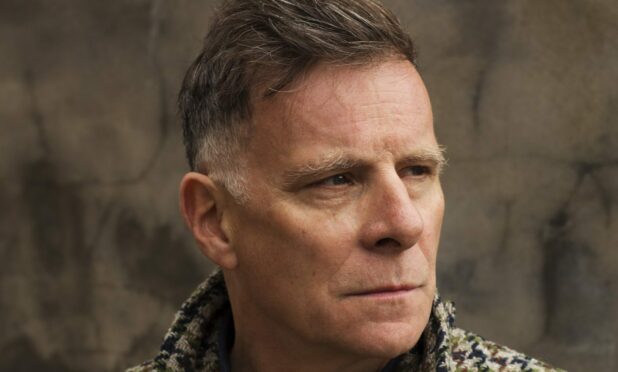
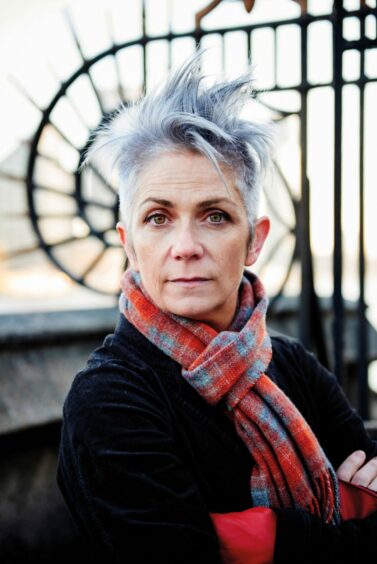
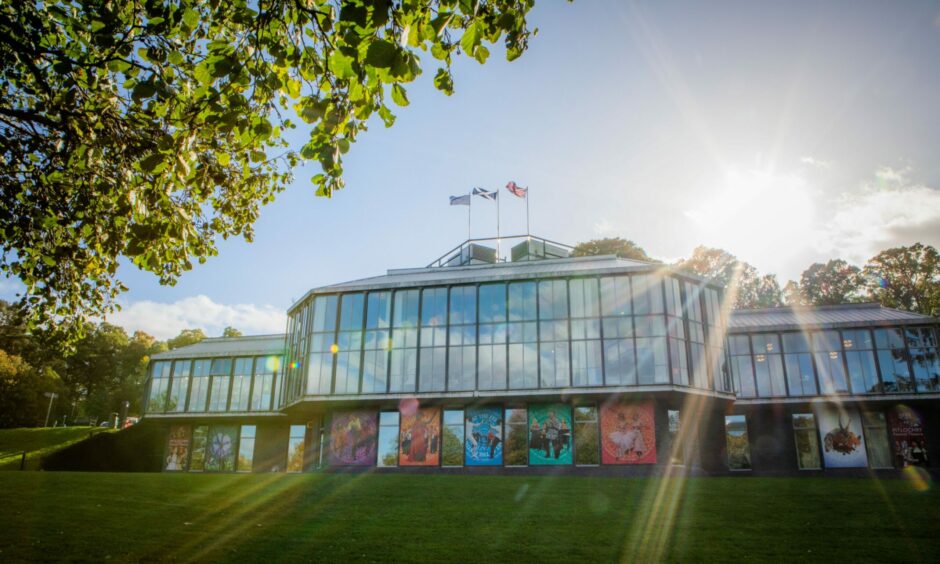

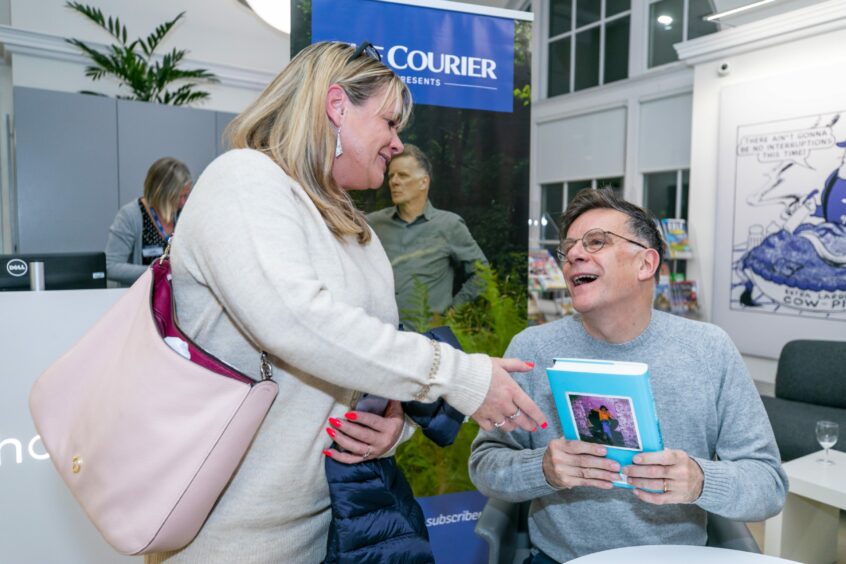

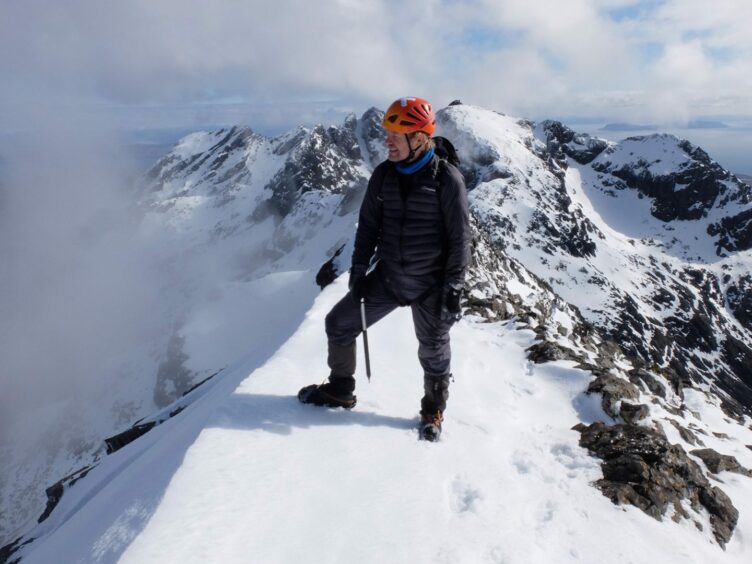
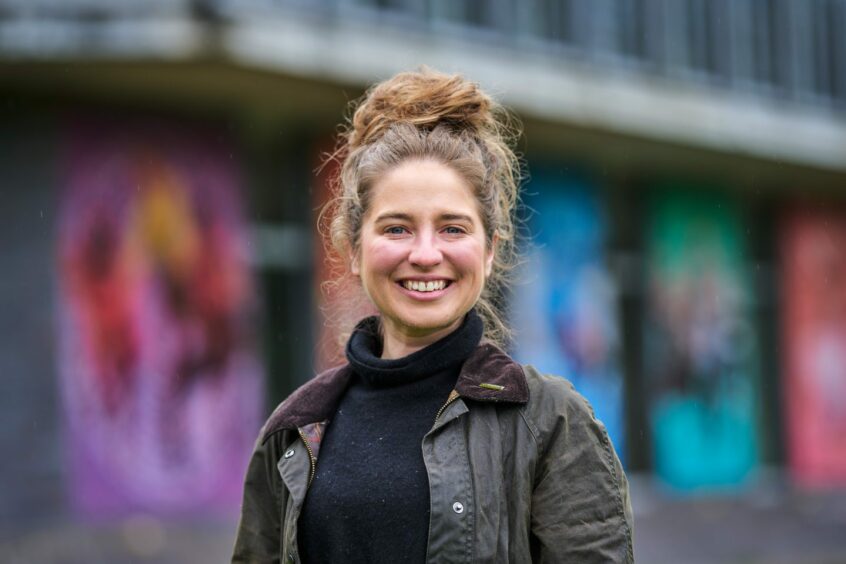
Conversation